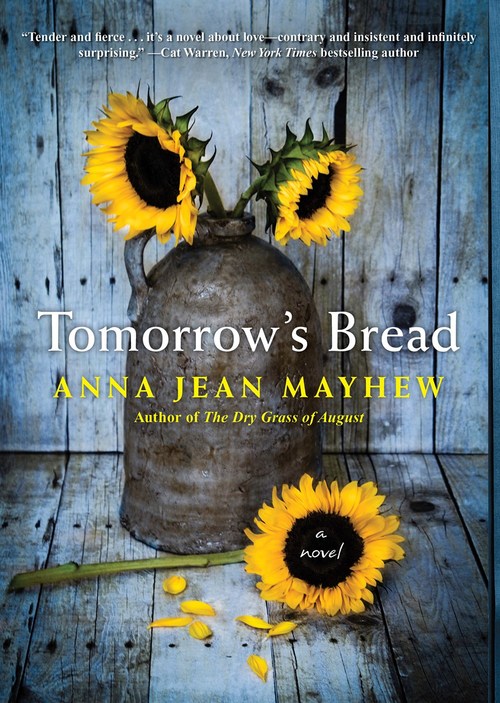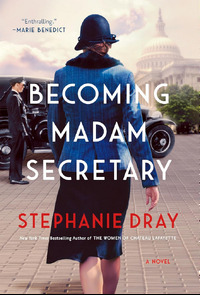

Purchase
Kensington
April 2019
On Sale: March 26, 2019
352 pages
ISBN: 0758254105
EAN: 9780758254108
Kindle: B07F62X6FC
Trade Size / e-Book
Add to Wish List
Multicultural Historical | Romance Historical
From the author of the acclaimed The Dry Grass of
August comes a richly researched yet lyrical
Southern-set novel that explores the conflicts of
gentrification—a moving story of loss, love, and resilience. In 1961 Charlotte, North Carolina, the predominantly black
neighborhood of Brooklyn is a bustling city within a city.
Self-contained and vibrant, it has its own restaurants,
schools, theaters, churches, and night clubs. There are
shotgun shacks and poverty, along with well-maintained
houses like the one Loraylee Hawkins shares with her young
son, Hawk, her Uncle Ray, and her grandmother, Bibi.
Loraylee’s love for Archibald Griffin, Hawk’s white father
and manager of the cafeteria where she works, must be kept
secret in the segregated South. Loraylee has heard rumors that the city plans to bulldoze
her neighborhood, claiming it’s dilapidated and dangerous.
The government promises to provide new housing and relocate
businesses. But locals like Pastor Ebenezer Polk, who’s
facing the demolition of his church, know the value of
Brooklyn does not lie in bricks and mortar. Generations have
lived, loved, and died here, supporting and strengthening
each other. Yet street by street, longtime residents are
being forced out. And Loraylee, searching for a way to keep
her family together, will form new alliances—and find an
unexpected path that may yet lead her home.
Comments
No comments posted.
Registered users may leave comments.
Log in or register now!
| 


 © 2003-2025 off-the-edge.net
all rights reserved Privacy Policy
© 2003-2025 off-the-edge.net
all rights reserved Privacy Policy